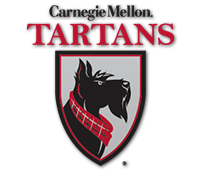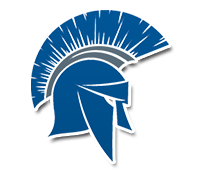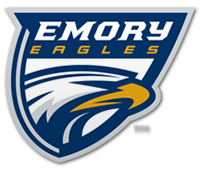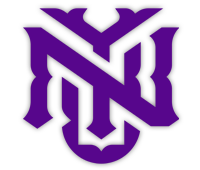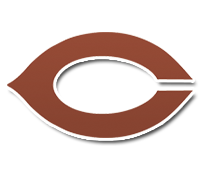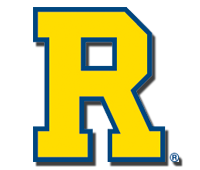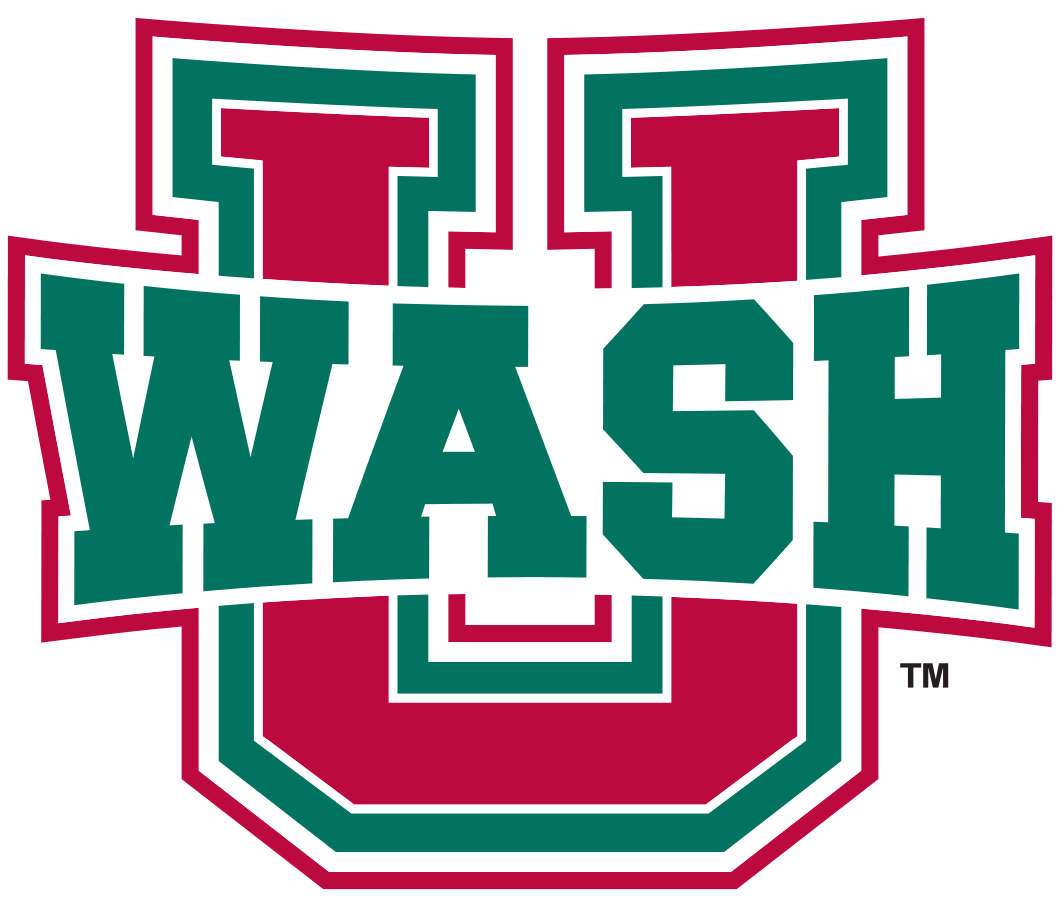
UAA Conversations on Race and Racism — Personal Stories
By Dick Rasmussen, UAA Executive Vice President
The events of the past few weeks have made clear the impact racism and the tolerance of racism continue to have on our society and, more importantly, on the individuals it affects every day of their lives.
No individual or collective statement can adequately express the frustration, outrage, fear, hurt, sorrow, helplessness, guilt many of us feel as we seek to understand the systemic roots of this evil within our society and the degree to which we have become and remain blind to the everyday reality of its existence, unaware of its depth and breadth, and tolerant of its impact — until it directly affect us or someone we know well — even as we hope to empathize with those whom we know have been affected and whom we hope to support.
Stories, personal stories, however, are powerful. They have the ability to touch us, move us, and inspire us to act — in public and more importantly in our personal lives — as we interact with those we know and those “others” whom we don’t know.
Over the next few weeks, we will be initiating a series we hope will become a Conversation on Race and Racism. The series will feature extended interviews and written submissions from administrators, coaches, and student-athletes of color — both current and past — from the member institutions of the University Athletic Association. We expect this to be a long-term initiative that will eventually expand to include other dimensions of diversity beyond race and racism.
We hope these personal stories and the very real, everyday impact racism and its tolerance has had and continues to have on the lives of those individuals contributing to this series will move us to a more informed level of understanding, greater empathy, and a willingness to act to make a difference and become more effective allies and change agents in the struggle to eliminate racism in our society.
As part of this initiative we will seek the guidance and counsel of our colleagues and students of color to help us identify ways in which we can act individually and collectively to ensure that we honor our commitment to principles of diversity, equity, and inclusion and eliminate racism from all that we do no matter what form it may take. We hope these conversations will lead to effective action.
During my six years on the NCAA Committee on Women’s Athletics, I had the good fortune to be designated as that committee’s liaison to the NCAA Minority Interests and Opportunities Committee. In that role, I participated on a task force that was responsible for the development of the initial Diversity education and training program adopted by the NCAA — Understanding Diversity and Building Community.
That program sought to raise the level of understanding around diversity and diversity issues within the NCAA. It sought to answer a series of questions: “What is diversity? What do we do with it or about it? What difference does it make?”
I learned that understanding diversity and its complexity, recognizing its value, and celebrating all that it offers is a personal journey. As with most personal journeys, it is one that never stops, but rather evolves continuously.
Each of us — yes, every one of us — has a personal cultural identity that shapes who we are and filters our perception of the world around us and those we contact each day of our lives. It impacts our behavior in the classroom, in the athletic arena, in the workplace, in social settings, in our personal relationships, in our homes, in all aspects of our lives. Our personal cultural identity has many facets. At its core, it is shaped by gender, race, ethnicity, age, ability, sexual orientation. Factors such as economic status, parental status, religious beliefs, geography, personality, physical appearance, education, language, work experience, marital status, learning style, and other personal characteristics all add dimensions to our identities as well. Our interests, life experiences, and the organizations to which we belong also shape our personal cultural identity. This personal cultural filter, for better or for worse, is the source of our innate personal system of biases and the assumptions we often make about those who appear to be different than ourselves.
To understand, appreciate, and value the complexity of another individual or group, we must first understand the complexity and depth of our own personal cultural identity, for that identity will inevitably filter our perceptions of other individuals and groups. This leads to an interesting paradox of diversity. The more we come to know about ourselves and about each other, the more individual uniqueness we discover and the more commonality we discover despite the many differences we find.
We can use our commonality as a base, and from that base we can capitalize on our various unique abilities. This is a win-win situation for everyone. It is a competitive necessity — whether in athletics, education, research, government, or business. At its core and most importantly, it is about doing the right thing. Seeking, achieving, managing, and celebrating diversity begins with introspection. It requires long-term commitment. It involves reaching beyond our fears, prejudices, and stereotypes. It requires an awareness and understanding of our own personal biases. It succeeds by practicing and building trust, respect, and self-respect.
Understanding diversity and taking advantage of the diversity that exists in the world around us is entirely about success and achieving excellence. It is about realizing our full potential by developing diversity skills such as flexible thinking, appreciating and maintaining pride in one’s background and culture, the ability to network and learn from anyone and everyone, the ability to deal effectively with barriers, and the ability to balance “fitting in” and “being yourself.” It is about recruiting the best and the brightest coaches, staff, and student-athletes by drawing from the entire pool of talents and abilities to be found in the communities around us. It is about opening our minds and hearts to opportunities and empowering students, faculty, staff, and administrators to turn opportunity into reality. It is about ensuring opportunity and justice for all. It is about making ourselves accountable for being all that we can be. It is about being better people.
The following poem taken from that initial NCAA diversity education program, I believe, offers a simple, yet elegant, means of affirming a commitment to the kind of personal journey I am suggesting. Its author is unknown.
First Thoughts
You and I —
We meet as strangers, each carrying a mystery
within us. I cannot say who you are.
I may never know you completely.
but I trust that you are a person in your own
right, possessed of a beauty and value that are
the Earth’s richest treasurers.
So, I make this promise to you:
I will impose no identities upon you, but will
invite you to become yourself
without shame or fear.
I will hold open a space for you in the world and
allow your right to fill it with an authentic
vocation and purpose. For as long as your
search takes, you have my loyalty.





